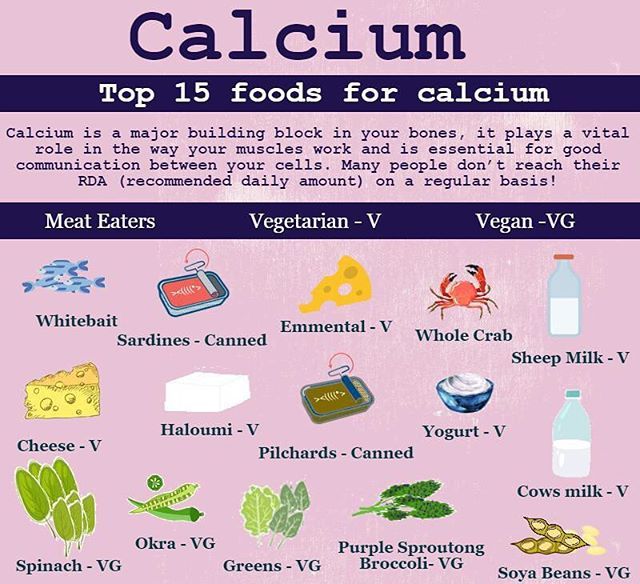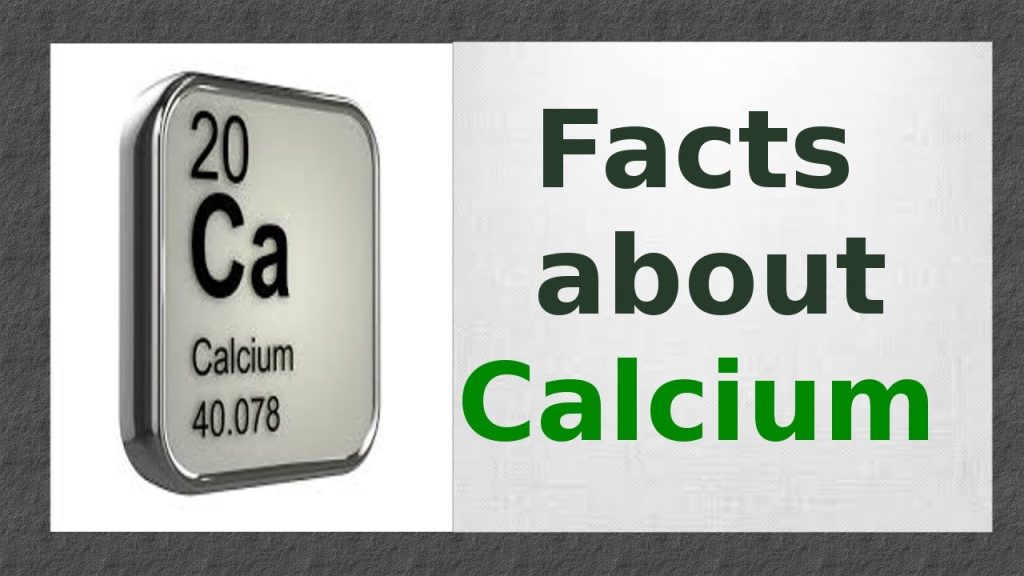Did You Know? 8 Mind-Blowing Interesting Facts about Calcium and its Role in Overall Health

Introduction
Interesting Facts about Calcium : Calcium is a vital mineral that plays a crucial role in maintaining overall health. From supporting bone strength to aiding in muscle function and nerve transmission, calcium is an essential nutrient for the body. In this article, we will explore some mind-blowing facts about calcium and its importance in promoting a healthy and well-functioning body. So, let’s dive in and discover the fascinating world of calcium!
What is calcium?
Calcium is a mineral that is essential for the human body. It is the most abundant mineral in the body and is necessary for various vital functions, including bone strength, muscle function, nerve transmission, and heart health. Calcium is obtained through dietary sources and is also stored in the bones, where it can be released into the bloodstream when needed. Maintaining adequate calcium levels is crucial for overall health and well-being.

Importance of calcium in the body
Interesting Facts about Calcium : Calcium is essential for strong bones, muscle function, nerve transmission, and heart health. It also plays a role in blood clotting and enzyme functions.
Fact 1: Calcium for strong bones and teeth
Calcium is crucial for maintaining strong bones and teeth. It helps in the formation and development of bone tissue, preventing conditions like osteoporosis and tooth decay.
Role of calcium in bone health
Calcium plays a vital role in maintaining strong and healthy bones. It is necessary for bone formation, development, and proper bone density.
Effects of calcium deficiency on bones and teeth
When the body lacks calcium, it can lead to weakened bones and teeth. Calcium deficiency can increase the risk of osteoporosis and dental problems such as tooth decay and brittle teeth.
Fact 2: Calcium for muscle function
Calcium plays a crucial role in muscle contraction, allowing muscles to contract and relax properly. It helps regulate muscle tone and coordination, ensuring optimal muscle function.
How calcium aids in muscle contraction
Calcium plays a vital role in muscle contraction by binding to proteins within muscle fibers, which allows them to generate the necessary force for movement.
Signs of calcium deficiency in muscles
Signs of calcium deficiency in muscles include muscle cramps, spasms, and weakness. This is because calcium plays a crucial role in muscle contraction and without adequate levels, muscle function can be impaired.
Fact 3: Calcium for nerve transmission
Calcium plays a crucial role in nerve transmission, allowing electrical signals to be transmitted effectively between nerve cells and ensuring proper communication throughout the nervous system.
The role of calcium in nerve signaling
Calcium plays a crucial role in nerve signaling by allowing for the release of neurotransmitters, facilitating communication between nerve cells.
Consequences of calcium imbalances on the nervous system
Calcium imbalances can disrupt nerve signaling, leading to symptoms such as muscle cramps, numbness, tingling, and even seizures or abnormal brain activity. Proper calcium levels are essential for optimal nervous system function.

Fact 4: Calcium for heart health
Calcium plays a crucial role in maintaining a healthy heart rhythm. Adequate calcium levels are essential for proper heart function and preventing cardiovascular diseases.
Calcium’s role in maintaining a healthy heart rhythm
Calcium is essential for maintaining a healthy heart rhythm. It helps in the contraction and relaxation of the heart muscles, ensuring proper blood flow throughout the body.
Impact of calcium deficiency on cardiovascular health
Calcium deficiency can lead to an increased risk of cardiovascular diseases, such as hypertension and heart disease, due to impaired heart muscle contraction and abnormal heart rhythm.
Fact 5: Calcium for overall health
Calcium plays a crucial role in overall health. Besides supporting bones, teeth, muscles, and nerves, it is also needed for blood clotting, hormone regulation, and maintaining a healthy heart rhythm. Meeting the recommended daily intake of calcium is essential for optimal health.
Other functions of calcium in the body
In addition to supporting bone health, calcium is also involved in blood clotting, hormone regulation, and maintaining a healthy heart rhythm.
Sources of calcium and recommended daily intake
Sources of calcium include dairy products such as milk, yogurt, and cheese, as well as green leafy vegetables, tofu, and fortified foods. The recommended daily intake of calcium varies depending on age and sex, but generally ranges from 1,000 to 1,300 milligrams per day.

Conclusion
Interesting Facts about Calcium : In conclusion, calcium plays a crucial role in various aspects of overall health, including bone strength, muscle function, nerve transmission, heart health, and more. It is essential to ensure an adequate intake of calcium to support optimal health and well-being.
Key takeaways about the importance of calcium
Calcium is essential for strong bones and teeth, muscle function, nerve transmission, and heart health. Adequate intake of calcium is vital for overall health and well-being.
Ensuring adequate calcium levels for optimal health
Ensuring adequate calcium levels is crucial for optimal health. This can be achieved by consuming calcium-rich foods, taking supplements if necessary, and maintaining a balanced diet.
Frequently Asked Questions about Interesting Facts about Calcium
1. What is calcium?
Calcium is a chemical element that is essential for living organisms, including humans. It is the most abundant mineral in the body and is crucial for bone health, muscle function, and nerve transmission.
2. What are some interesting facts about calcium?
- Calcium is the fifth most abundant element in the Earth’s crust.
- It was discovered by Sir Humphry Davy in 1808.
- Calcium plays a vital role in the formation and maintenance of strong bones and teeth.
- It is also involved in muscle contraction, blood clotting, and enzyme function.
3. How much calcium do I need daily?
The recommended daily intake of calcium varies by age and gender. For adults aged 19-50, the recommended intake is 1,000 mg per day. For adults over 50, the recommendation increases to 1,200 mg per day.
4. What are good dietary sources of calcium?
- Dairy products such as milk, cheese, and yogurt
- Leafy green vegetables like kale, broccoli, and bok choy
- Fortified foods such as orange juice, tofu, and breakfast cereals
5. What are the health benefits of calcium?
Consuming an adequate amount of calcium is essential for maintaining strong bones and teeth, preventing osteoporosis, and supporting muscle and nerve function.
6. Can I take too much calcium?
Excessive intake of calcium, especially from supplements, can lead to adverse health effects such as kidney stones, constipation, and interference with the absorption of other minerals.
7. How does calcium benefit the body?
Calcium is crucial for bone health, as it provides strength and structure to the skeleton. It also plays a role in muscle function, nerve signaling, and hormone secretion.
For more in-depth information about calcium, you can visit (https://ods.od.nih.gov/factsheets/Calcium-HealthProfessional/)
About Author

Content Creator at PharmaPULS
Dr. James
Meet Dr. James, a seasoned pharmacist with a rich background spanning over 11 years in the field. His unwavering dedication to healthcare and passion for fostering well-being led to the creation of PharmaPULS. Driven by a commitment to providing accurate and insightful information, he endeavors to empower individuals to make informed decisions about their health. Through PharmaPULS, Dr. James aspires to bridge the gap between medical expertise and public understanding, ensuring that everyone has access to reliable pharmaceutical insights.






